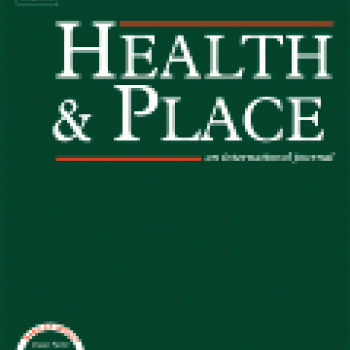
Social capital has been shown to be positively associated with a range of health outcomes, yet no studies have explored the association between maternal social capital and child nutritional status. Using data from the Young Lives study comprising 7242 1-year-old children from Peru, Ethiopia, Vietnam and the state of Andhra Pradesh in India, we find significant differences in the levels of, in particular, structural social capital (group membership and citizenship) between countries. While few associations were found between structural measures of social capital, support from individuals and cognitive social capital (e.g. trust, social harmony) displayed fairly consistent positive associations with child nutritional status across countries.
Keywords: social capital; maternal; child nutrition; stunting; wasting; developing countries.
The final published version of the article is available on the journal website.

Social capital has been shown to be positively associated with a range of health outcomes, yet no studies have explored the association between maternal social capital and child nutritional status. Using data from the Young Lives study comprising 7242 1-year-old children from Peru, Ethiopia, Vietnam and the state of Andhra Pradesh in India, we find significant differences in the levels of, in particular, structural social capital (group membership and citizenship) between countries. While few associations were found between structural measures of social capital, support from individuals and cognitive social capital (e.g. trust, social harmony) displayed fairly consistent positive associations with child nutritional status across countries.
Keywords: social capital; maternal; child nutrition; stunting; wasting; developing countries.
The final published version of the article is available on the journal website.

